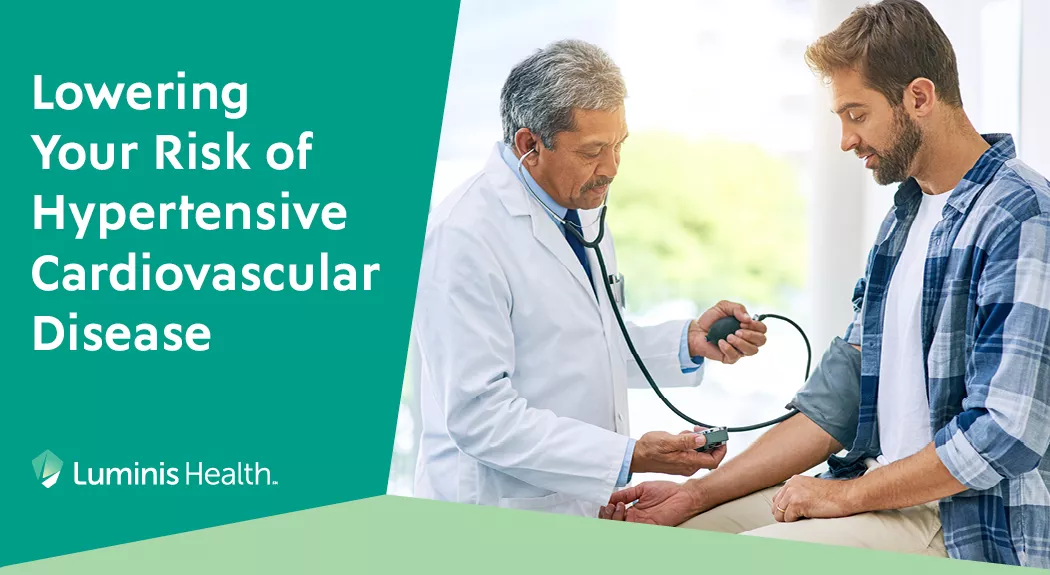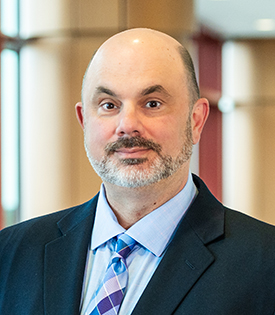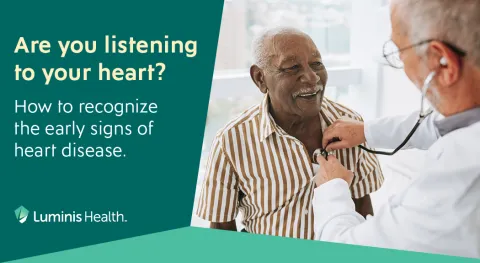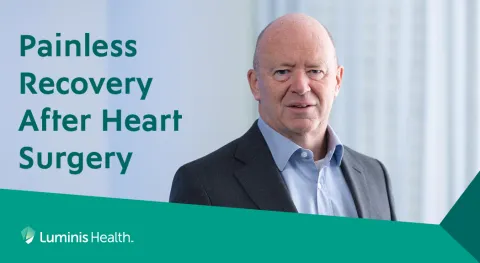
When former Baltimore Ravens wide receiver Jacoby Jones tragically passed away from hypertensive cardiovascular disease in July at the age of 40, it brought attention to a disease that millions of Americans are at risk for – and that many don’t even know they have.
That’s why it is important to take steps to reduce your risk of hypertensive cardiac disease and other dangerous heart conditions.
What is hypertensive heart disease?
Hypertensive cardiovascular disease, or hypertensive heart disease, is a condition caused by having high blood pressure over a long period of time. High blood pressure puts extra strain on your heart, forcing it to work harder to pump blood throughout your body, which can lead to damage over time. This damage can lead to heart attacks, heart failure, strokes and other health problems.
High blood pressure is defined as pressure that is consistently above 130/80 mmHg. According to the Centers for Disease Control and Prevention, nearly half of American adults have high blood pressure, but just a quarter have it under control. That’s because many may not know they have high blood pressure in the first place.
In addition to heart attacks, heart failure and strokes, high blood pressure can put you at greater risk for conditions like:
- Atherosclerosis, including coronary artery disease
- Atrial fibrillation (AFib)
- Aortic Dissection or Rupture
- Congestive heart failure
- Kidney disease
- Retinal problems
The risk of heart disease generally goes up with age, and those who have a family history of heart disease may be at higher risk. Athletes or other active people may be prone to hypertensive cardiovascular disease after they wrap up their careers and their activity level decreases. Even people who have lived very active lives can be diagnosed with heart disease. For example, arteriosclerotic cardiovascular disease (or the buildup of plaque or cholesterol on the walls of the arteries) played a role in the death of fitness guru Richard Simmons.
Warning signs of cardiovascular disease
High blood pressure usually doesn’t present symptoms, making it challenging to diagnose and treat. However, over time, high blood pressure can cause damage to your heart and lead to symptoms like:
- Chest pain
- Dizziness or fainting
- Heart attack or stroke
- Irregular, rapid or pounding heartbeat
- Shortness of breath
It’s important to see your primary care provider and check your blood pressure regularly. Your care team will monitor your risk factors, including a family history of hypertension. Depending on your risk factors, your provider may recommend additional testing. These tests may include blood and urine tests or an electrocardiogram (EKG).
How to prevent cardiovascular disease
Managing your blood pressure can greatly lower your risk of dangerous cardiac events like heart attacks and strokes. That includes living a heart-healthy lifestyle by:
- Getting enough sleep
- Lowering your stress
- Maintaining a healthy weight
- Quitting smoking
- Reducing salt intake
- Reducing alcohol consumption
- Staying physically active
- Treating chronic conditions like sleep apnea, high cholesterol, diabetes and kidney disease
How to treat cardiovascular disease
Your provider will likely recommend adjusting lifestyle factors as a first line of treatment for hypertensive cardiovascular disease.
If these adjustments don’t bring your blood pressure down, or if your heart has already sustained damage from high blood pressure over time, your care team may recommend medications as a next step.
There are many kinds of blood pressure medications (or antihypertensives) including:
- ACE inhibitors
- Beta-Blockers
- Calcium channel blockers
- Diuretics (thiazide)
All medicines can have side effects and it’s important to understand these impacts. Take medications as directed and follow up with your provider if you have any questions.
Protecting your heart in the long run
High blood pressure might not cause symptoms by itself, but it can be dangerous if left untreated. If you experience concerning symptoms, we have a number of Luminis Health primary care doctors ready to help, as well as cardiovascular specialists and heart surgeons with all the experience and expertise you need. Follow your doctor’s recommendations for taking medications or change your lifestyle. Your heart will thank you.

About the Author: Luminis Health Chief of Heart Surgery David J. Caparrelli, MD. Dr. Caparrelli has more than 20 years of experience in both cardiac and vascular surgery.



